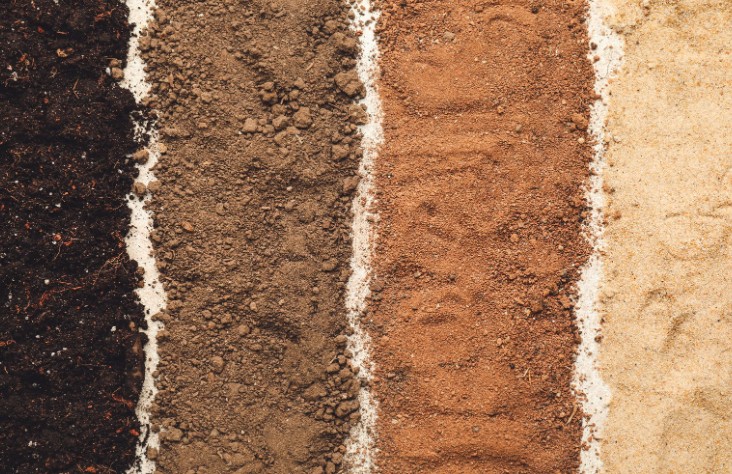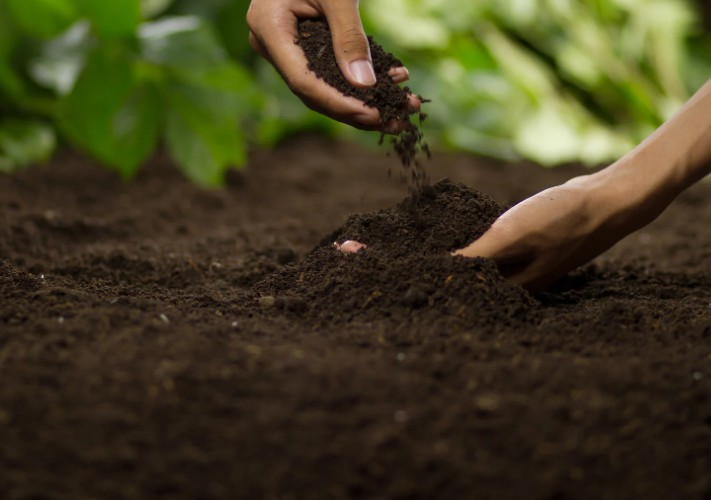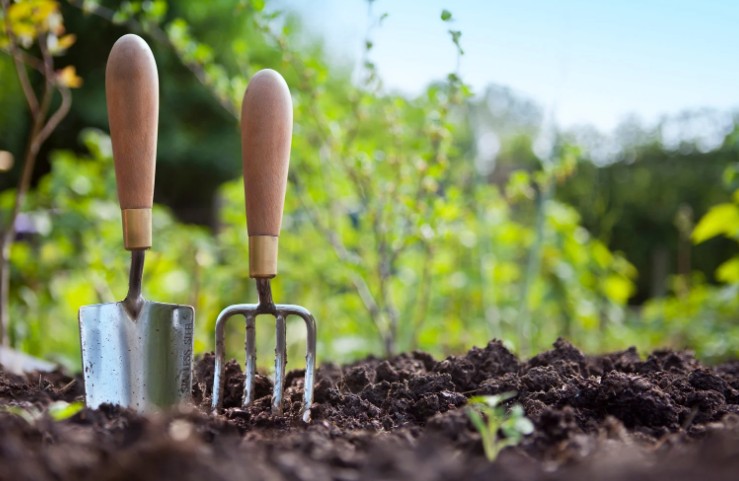After a few garden projects, I found myself stuck with piles of unwanted soil. It wasn’t the type you could just toss in the bin—and hiring a skip seemed expensive.
If you’re looking for how to get rid of soil cheaply and legally in the UK, let me take you through what worked for me, and how you can do it too without overspending.
Why Do I End Up with So Much Extra Soil?
When I dug out a new patio and levelled parts of the garden, I was left with a surprising amount of leftover soil. It builds up quickly from:
- Landscaping or turf removal
- Installing raised beds or patios
- Tree planting or root clearing
At first, I thought I might reuse all of it—but much of it was poor quality or simply too much to store.
Types of Garden Soil You Can Dispose Of
Not all soil is the same, and knowing what type you’re dealing with can help determine how to get rid of it:
- Topsoil: Usually clean and reusable, perfect for giveaways or garden reuse
- Clay soil: Heavy and compact, harder to dispose of without professional help
- Contaminated or debris-filled soil: Often needs proper handling due to weed seeds, rubble, or pests

Ways to Dispose of Soil
I explored every option before hiring help. Here are the most effective and affordable ways I found:
- Reuse in your own garden – I used some for levelling out low spots or filling raised beds.
- Give it away locally – Facebook Marketplace, Freecycle, and Nextdoor helped me find people who wanted free soil.
- Council recycling centre – I bagged the rest and took it to my local waste site (call ahead, as not all centres accept soil).
- Hire a skip or removal service – Only if you’ve got a large amount and can’t transport it yourself.
Best Methods On How to Get Rid of Soil (Ranked by Cost)
- Reuse it on your property – Free
- Give it away online – Free
- Take it to a recycling centre – Free to low cost
- Hire a grab service – Moderate cost
- Hire a skip – Higher cost but convenient

Should I Use a Skip for Soil Removal?
For large volumes, a skip is convenient—but not always the cheapest. Here’s a simple breakdown I used to compare my options:
| Skip Size | Approx. Capacity | Ideal For | Cost Range (UK) |
| Mini (2 yd³) | 20–30 bin bags | Small garden clearouts | £100–£140 |
| Midi (4 yd³) | 40–60 bin bags | Patio or soil removal | £140–£200 |
| Builder’s (6 yd³) | 60–80 bin bags | Larger soil removal projects | £200–£300+ |
🛑 Note: Soil is heavy. Always check weight restrictions with your skip provider.
Can I Hire a Soil Removal or Grab Service?
If you’ve got more than 1–2 tonnes of soil and can’t load or transport it yourself, a grab hire service is a good choice.
- A truck comes, grabs the soil with a mechanical arm, and takes it away
- It’s faster and often more affordable than a large skip
- Prices typically start from £150–£250 depending on volume and location
Pros: No manual loading, quicker service
Cons: Needs access for a large lorry, higher upfront cost
How Do I Prepare Soil for Disposal?
Before handing off the soil, I made sure to:
- Bag loose soil in tough garden sacks
- Keep it clean – no rubble or waste mixed in
- Store it in a dry, accessible spot for collection or transport

What Mistakes Should I Avoid When Disposing of Soil?
I nearly made a few of these errors, but luckily avoided fines:
- Don’t dump soil illegally – It’s fly-tipping and can lead to serious penalties
- Don’t mix soil with other waste – Especially building rubble, as this may raise disposal costs
- Don’t assume your council will take it – Always check their waste policy first
Conclusion
After testing multiple methods, I found the cheapest way on how to get rid of soil was by offering it for free online or taking it to a local recycling centre.
For larger projects, I weighed up skip hire vs grab lorries and went with what made the most sense based on access and cost.
If you’re dealing with leftover garden soil:
- Start small – try giving it away or reusing it
- Know your soil type – clean topsoil is easiest to move
- Plan ahead – especially if you’re expecting large volumes
Always check your local council’s garden waste rules before disposing—and remember, the right method depends on how much soil you’ve got and how much effort you want to put in.


0 Comments